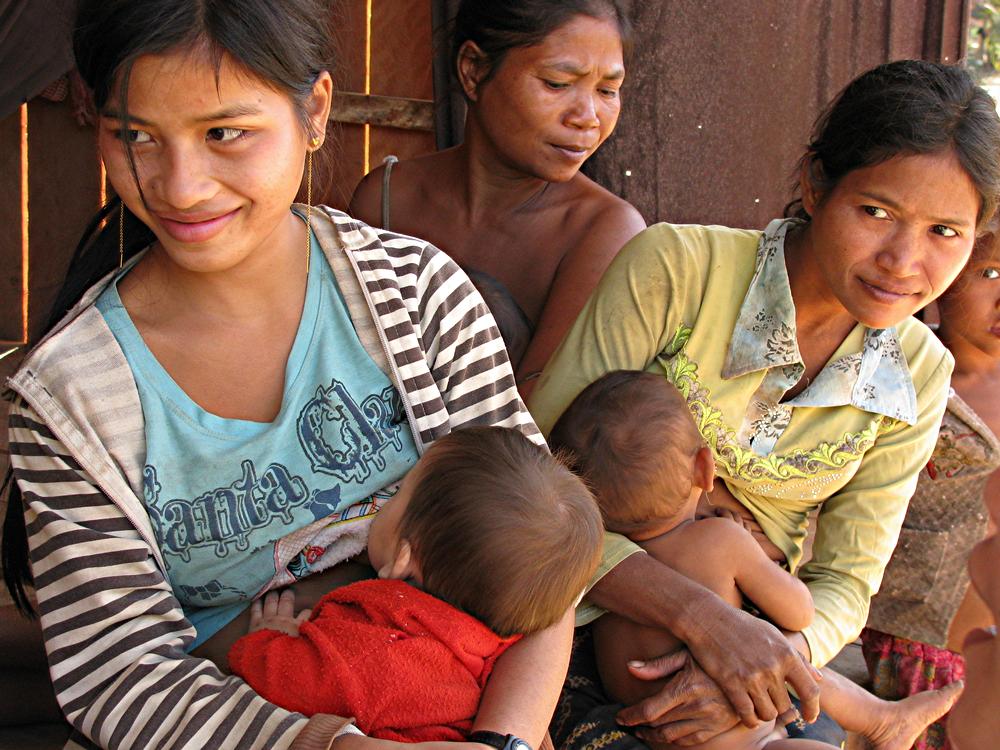Breastfeeding: A Collective Responsibility
Over 820,000 children die each year and millions more suffer from avoidable diseases and learning difficulties as a result of suboptimal breastfeeding practices. If even half of all babies under 6 months of age were exclusively breastfed, we would save hundreds of thousands of lives and help protect against breast cancer, ovarian cancer and diabetes in mothers across the globe.
Breastfeeding benefits all of us – and is up to all of us to give support to the millions of mothers who want to breastfeed but do not have the support they need.
This World Breastfeeding Week (August 1-7), 1,000 Days joins the World Health Organization and UNICEF to launch the Global Breastfeeding Collective – a partnership of 20 prominent international agencies and non-governmental organizations committed to increasing investment in breastfeeding worldwide. Smart investments are needed in programs and policies that enable more mothers to reach their personal breastfeeding goals.
We want children to thrive, and that means giving the millions of mothers who want to breastfeed the support they need. The Global Breastfeeding Collective will fight for a world in which mothers and families across the globe are empowered to breastfeed.
To elevate the importance of needing better policies and greater investments in programs that support breastfeeding, the Global Breastfeeding Collective also launched two new reports:
The Global Scorecard for Breastfeeding
This new scorecard presents a daunting reality: No country in the world meets recommended standards for supporting breastfeeding. The scorecard evaluated 194 low-, middle-, and high-income countries on seven factors including financial investment, workplace protections, health care services, and community supports for breastfeeding and found most countries aren’t doing enough to protect the health and well-being of mothers and babies.
Click here to view the scorecard.
The Investment Case for Breastfeeding
A new investment case shows how investing in breastfeeding now will save lives, money, and lead to health and economic well-being worldwide for generations to come. The report reveals that in order to meet the World Health Assembly target of increasing the percentage of children under 6 months of age who are exclusively breastfed to at least 50% by 2025, an additional $5.7 billion is required. This investment translates to just $4.70 per newborn.
Click here to read the full report.

Greater progress in breastfeeding is possible. With the right level of ambition and the right policies and investment, countries can fully realize the potential gains from breastfeeding.
This World Breastfeeding Week, let’s remember: No one breastfeeds alone. Together, we can support women with better policies and investments, implementing solutions to get real results for children, families and entire nations.
If you are interested in receiving communications materials to help share these new reports and to celebrate World Breastfeeding Week please contact Amanda at amanda@thousanddays.org.

